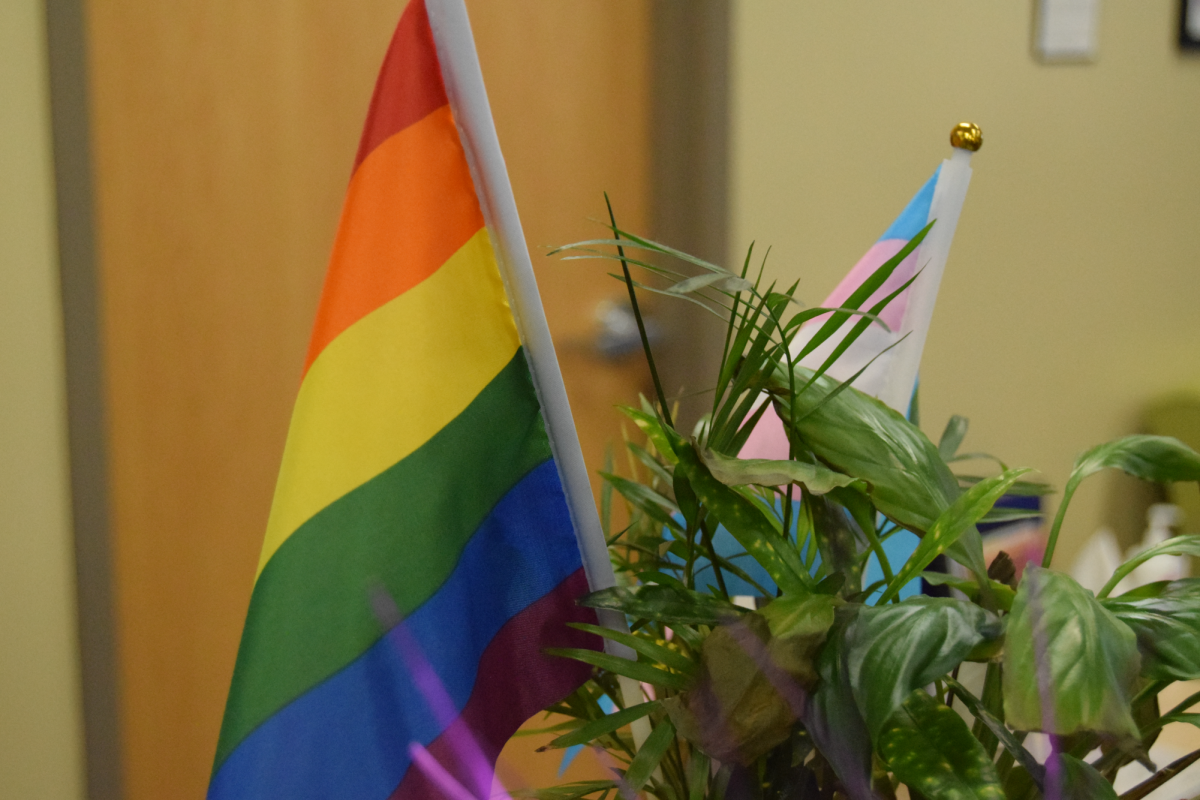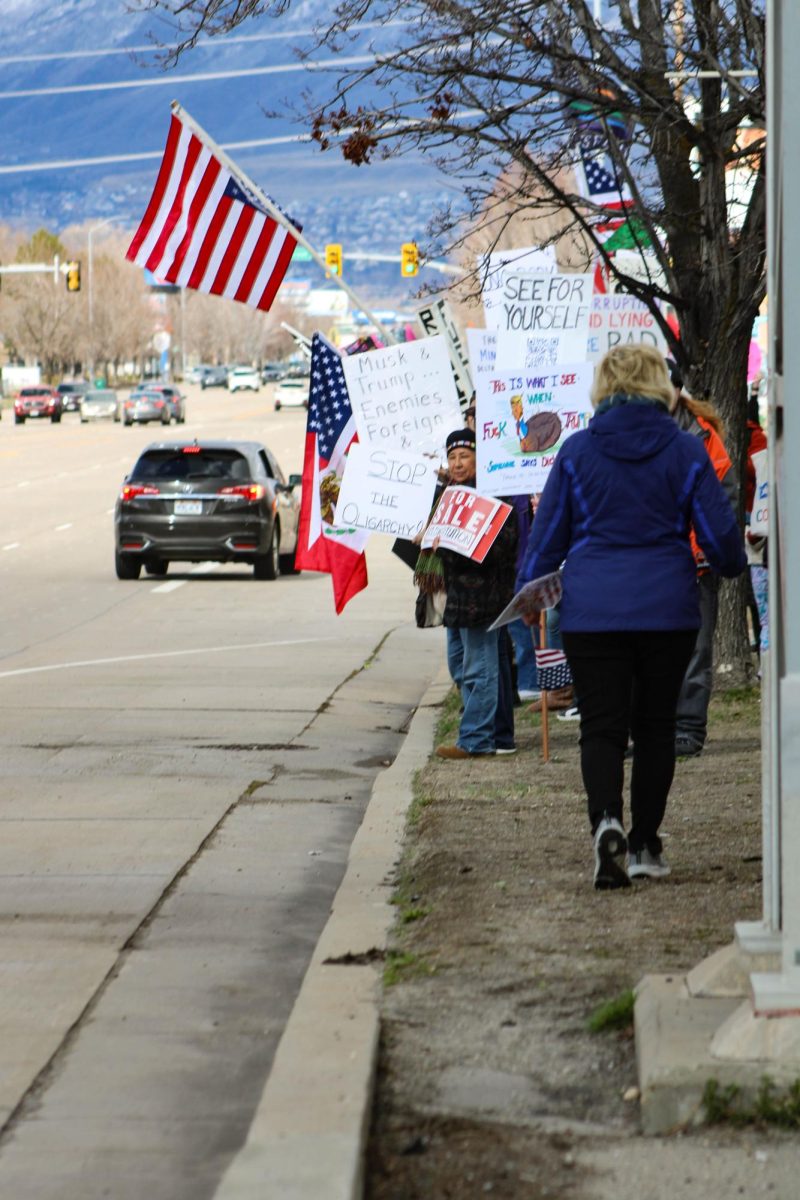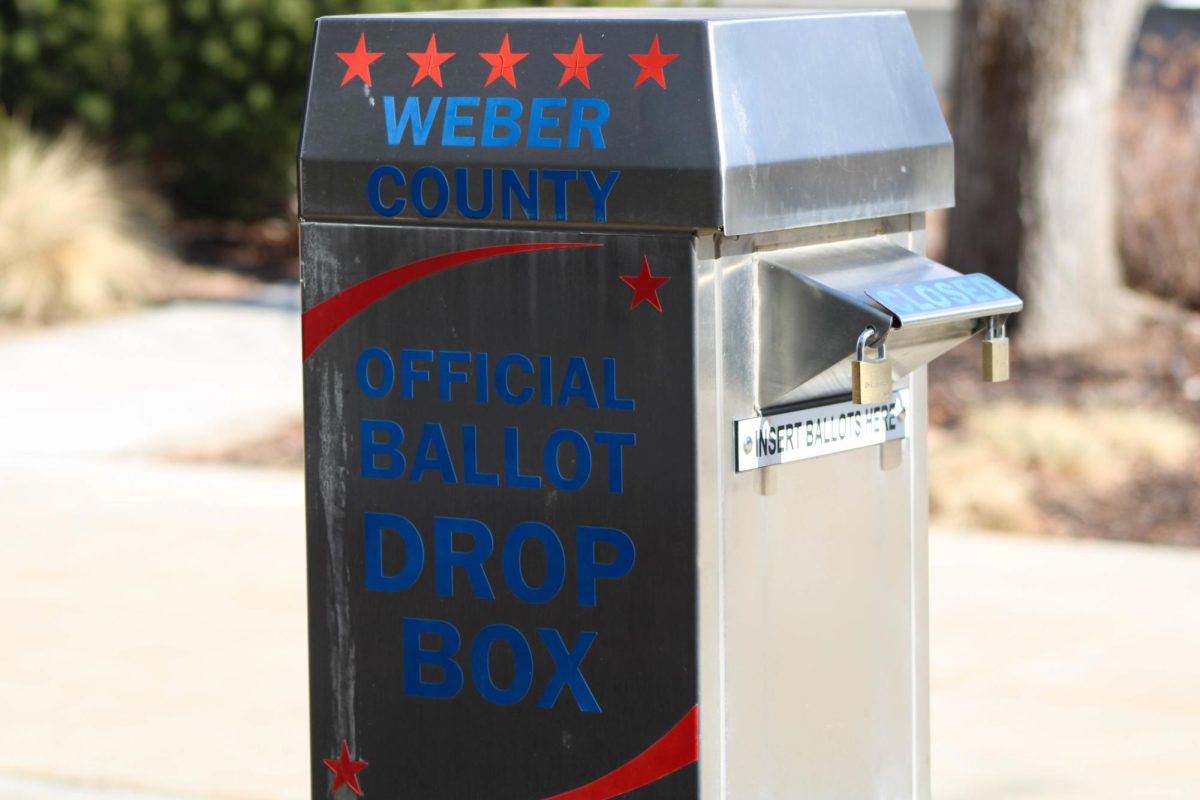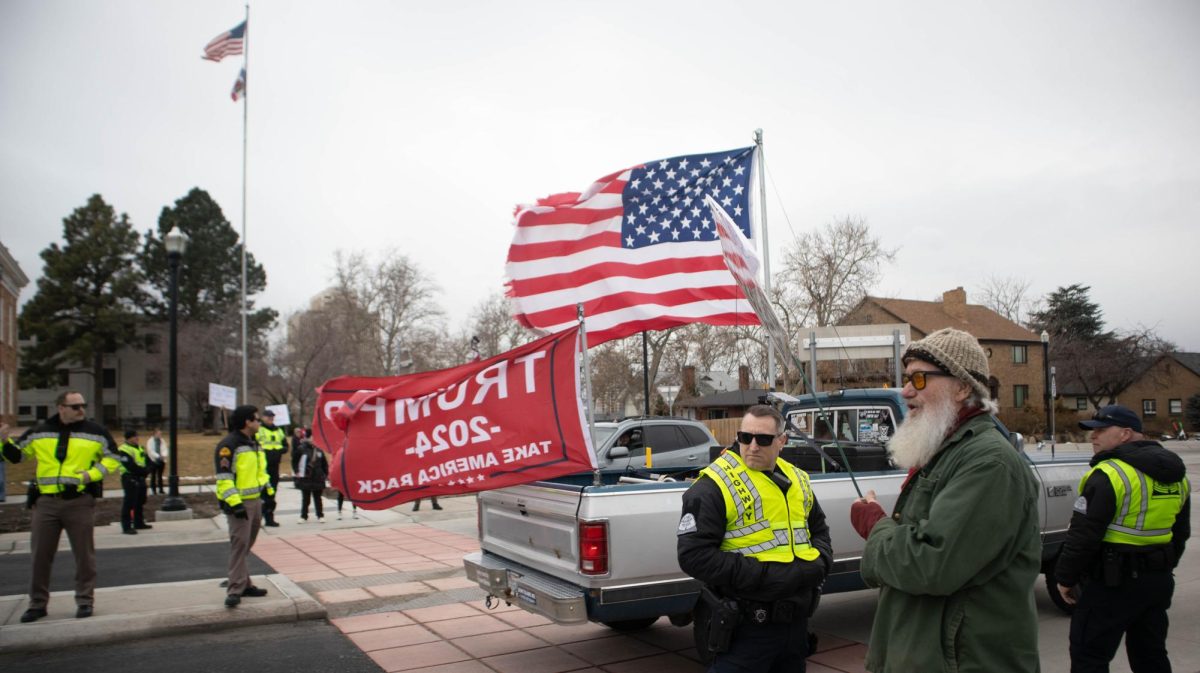
The gay rights movement celebrated two major victories on Wednesday when the United States Supreme Court ruled on the Defense of Marriage Act and dismissed California’s Proposition 8.
The Supreme Court struck down parts of DOMA, making it possible for married same-sex couples to receive the same federal benefits straight couples receive, and because it declined to rule on Proposition 8, the decision was left to the lower court of California, essentially clearing the way for California to become the 13th state to legalize same-sex marriage.
The 5-to-4 majority ruling included Justice Anthony M. Kennedy, who wrote the majority opinion, and justices Ruth Bader Ginsburg, Stephen G. Breyer, Sonia Sotomayor and Elena Kagan.
“DOMA singles out a class of persons deemed by a State entitled to recognition and protection to enhance their own liberty,” Kennedy wrote. “It imposes a disability on the class by refusing to acknowledge a status the State finds to be dignified and proper. DOMA instructs all federal officials, and indeed all persons with whom same-sex couples interact, including their own children, that their marriage is less worthy than the marriages of others. By seeking to displace this protection and treating those persons as living in marriages less respected than others, the federal statute is in violation of the Fifth Amendment.”
This opens the doors to endless possibilities for the gay rights movement and the LGBTQ community, said Tom Sawyer, a criminal justice student at Weber State University.
“The decision was worded so it is an anti-discrimination ruling, so that really helps with the fight against same-sex marriage,” Sawyer said.
The Utah Pride Center was filled with excitement and joy, and still hours after the Supreme Court’s opinion was announced, tissues were being passed around, as tears flowed heavily during the historic press briefing. Valerie Larabee, executive director for the UPC, began with a statement.
“For generations, history books will look to today’s Supreme Court decision as a pivotal moment in the march for equality in the LGBT movement,” Larabee said. “Those of us at the Utah Pride Center, we were honored and humbled to be a part of this debate.”
The UPC led a coalition of more than two dozen LGBTQ organizations from throughout the nation’s most conservative states and filed a brief to the court outlining the real-life struggles inflicted upon the LGBTQ community through acts such as DOMA and the Don’t Ask, Don’t Tell policy, which President Barack Obama repealed in 2010.
Kate Martinson, WSU junior and vice president for the WSU Gay-Straight Alliance, said it has been a challenge for her community to live in a state where the LDS religion is so prominent.
“It is hard to get recognized and get some of the same abilities as other places on campus,” she said.
WSU’s GSA has fought hard, writing numerous letters to WSU officials over the past two years to get a facility on campus, Martinson said. For the first time this coming fall, the GSA will have a place on the WSU campus for members of the WSU LGBTQ community to gather together in unity. The GSA will hold a grand opening, which will be announced closer to fall semester.
Same-sex marriage is still illegal in 38 states; however, Brett Tolman, the attorney who wrote the legal brief supporting same-sex marriage for the UPC, said at the briefing that he believes DOMA was a huge barrier for most states. He said he hopes that, with that provision gone, many states will adopt marriage equality.
“I think the 38 states are going to feel intense pressure,” Tolman said. “It also creates much more significance to the Full Faith Credit Act.”
The Full Faith Credit Act ensures that various states must recognize and honor legislative acts, public records and judicial decisions of other states within the U.S.
“Think of the difficulty when the federal government says that there are protections under the equal protection clause in due process for a state — well, let’s just pick Utah — to then not recognize lawful marriages,” Tolman said.
The Supreme Court ruling will provide federal benefits to all federal employees and to same-sex couples living in states where same-sex marriage is legal, said Jackie Biskupski, former Utah state representative and the first openly gay elected official in Utah legislature.
Biskupski said she predicts the federal government will allow all married couples who have a legal marriage license, even same-sex couples living in states where their marriage is deemed illegal, to file for a joint federal tax return.
Freedomtomarry.com showed in a 2013 poll that 58 percent of voters are in favor of legalizing same-sex marriage and that many hope it will be five years or less for all 50 states to legalize same-sex marriage.
“For now, let us celebrate our victory today, and then we can roll our sleeves up to begin again tomorrow,” Larabee said.















